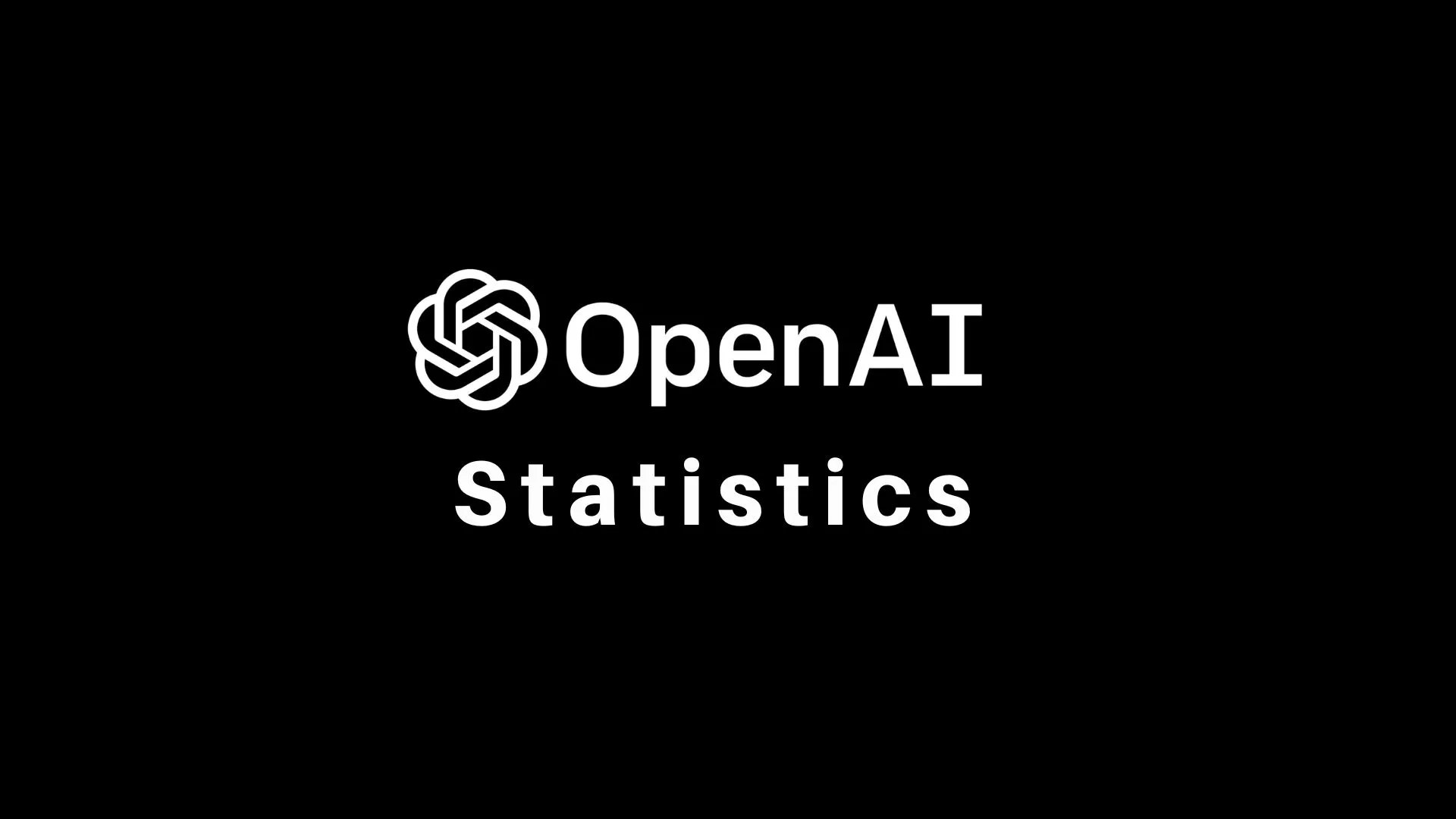In an era where artificial intelligence (AI) is transcending traditional boundaries, OpenAI is at the forefront of revolutionizing how we interact with digital assistants. With the introduction of advanced browsing capabilities and plans to develop AI agents capable of using your devices, ChatGPT is on the verge of becoming a ‘supersmart’ assistant that could redefine productivity and convenience.
Key Highlights:
- OpenAI has introduced a web browsing feature for ChatGPT, expanding its data access capabilities beyond previous limitations.
- ChatGPT’s browsing feature, initially available to Plus and Enterprise users, enables it to surf the web, including the option to “Browse with Bing.”
- OpenAI is working on next-generation AI agents with two distinct functionalities: one for web-based tasks and another that interacts directly with user devices, performing tasks autonomously.
- These advancements aim to automate complex workflows and repetitive jobs, enhancing ChatGPT’s utility in both personal and professional settings.

Expanding ChatGPT’s Horizon with Web Browsing
OpenAI has significantly expanded ChatGPT’s capabilities by incorporating a web browsing feature, allowing it to access a broader range of information directly from the internet. This development, initially rolled out to select user groups, marks a significant leap towards creating an AI that can provide more accurate and current information by accessing live data sources. The integration of web browsing into ChatGPT not only enhances its ability to answer queries with the latest information but also positions it as a more versatile tool for research and learning.
The Advent of Device-Using AI Agents
Looking beyond web browsing, OpenAI’s vision includes the development of AI agents that can directly interact with and control user devices. These agents, designed to carry out complex workflows and repetitive tasks, represent a groundbreaking step towards fully autonomous digital assistants. By performing actions such as transferring data between documents or managing expense reports, these agents could significantly reduce the time and effort associated with routine digital tasks.
The Transformative Potential of ‘Supersmart’ Assistants
The implications of a ‘supersmart’ ChatGPT are profound. For individuals, it promises an unprecedented level of convenience, automating mundane tasks and offering instant access to information and services. In the professional realm, it could revolutionize workflows, enhance productivity, and foster innovation by freeing up human resources for more creative and strategic endeavors.
However, the development of these capabilities also raises important questions about privacy, security, and the ethical use of AI. Ensuring that these AI agents operate within safe and transparent parameters will be crucial as they become more integrated into our daily lives.
Summary: A New Era of Digital Assistance
OpenAI’s ongoing enhancements to ChatGPT, from web browsing to the development of autonomous AI agents, are setting the stage for a new era of digital assistance. As ChatGPT evolves into a ‘supersmart’ assistant capable of navigating the web and performing tasks on user devices, it holds the potential to transform our interaction with technology. By automating complex and repetitive tasks, it could significantly enhance efficiency and productivity, heralding a future where AI assistants are integral to personal and professional life. As we stand on the brink of this transformative leap, the balance between harnessing the full potential of AI and addressing the ethical considerations it raises will shape the future of digital assistance.


















